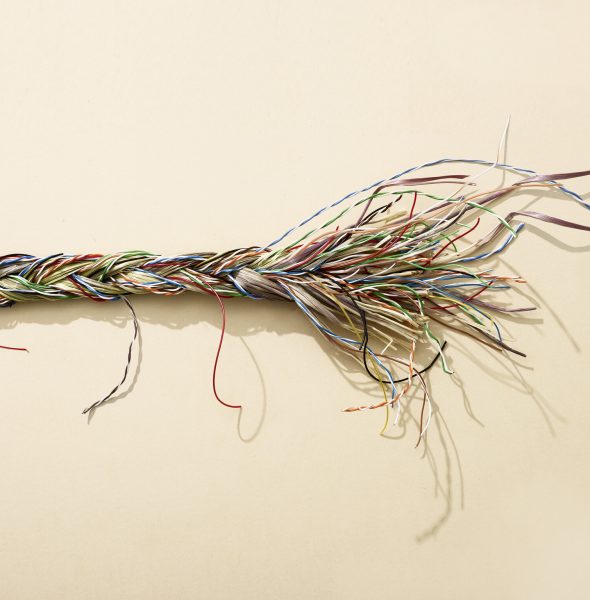Event Venue
360 Court St #4, Brooklyn, NY 11231, United States
This year’s Saas-Fee Summer Institute of Art has been co-conceived with Abdul-Karim Mustapha and will explore the concept of “Cognitive Justice and the Crisis of Epistemology” in collaboration with The Brooklyn Rail online and Residency Unlimited on-site in Brooklyn, New York.
As a result of the acceleration of information technologies occurring at a blinding pace under cognitive capitalism, a conflict has erupted between scientific and non-scientific epistemologies and forms of truth. The term epistemology comes from the Greek words ‘episteme’ and ‘logos’ as they relate to theories of knowing and understanding. Cognitive Justice concerns the right of different traditions of knowledge to co-exist without duress. Especially relevant for us here are those forms of knowledge which have evolved in the so-called enlightened global North and those in the subaltern global South. We are suggesting that the struggle for global social justice, as it relates to the fair and equitable treatment of all groups populating a given state or society, is connected to the struggle for global cognitive justice and the two forms of justice are intimately related; without one there cannot be the other.
The struggle for cognitive justice is not simply based on the equal distribution and access of knowledge but must also encompass two deeper conditions that reflect its actual formation. Beyond the present impossibility of the equitable distribution of scientific knowledge under the persistent regimes of colonialism, capitalism, and computationalism, scientific knowledge is limited by its own assumptions which usually have precluded other forms of knowledge: for instance,traditional Chinese medicines. Cognitive justice does not mean dispensing with those knowledges gathered through the scientific method in favor of those that engage subaltern practices based on practical forms of knowledge. But it does imply the counter-hegemonic value of the latter; first to question Enlightenment orthodoxy and then to expand the general intellect of a global multitude. This calls for several different strategies including engaging with rational science’s internal pluralities and inconsistencies that, for instance, Indigenous, feminist, queer, and postcolonial voices have made visible. Most important for this program, however, are the ways that Indigenous peoples use their knowledge to preserve biodiversity in the ecological communities they inhabit as opposed to Eurocentric modes of technology which have decreased biodiversity. Through this program we also ask: How does biodiversity relate to the brain’s neural diversity? How might this relate to the constitution of hidden layers of deep learning artificial neural networks such as ChatGPT and DALL•E2? And, most importantly, how might this inform the struggle for Cognitive Justice?
Faculty
Antonia Alampi with Suumil Móokt’aan, Armen Avanessian, Clémentine Deliss, Jeremy Dennis, Nora N. Khan, Sanford Kwinter, Erin Manning, Abdul-Karim Mustapha, Warren Neidich (founder/director), Reza Negarestani, Barry Schwabsky (co-director), Javier Téllez, and Anuradha Vikram.
Applications
Applications for SFSIA 2023 are open to students, practitioners and scholars from the fields of art (including video, photography, installation and multimedia), ecology, science and technology studies, philosophy, design, architecture, critical theory, cultural studies, film and media studies, and beyond.
Please see our website for more information.
Image: A braid of sweetgrass and electrical wires. Photo: Paul Weeks



